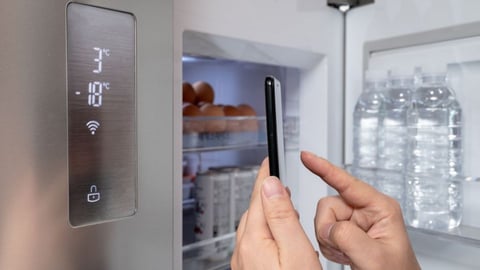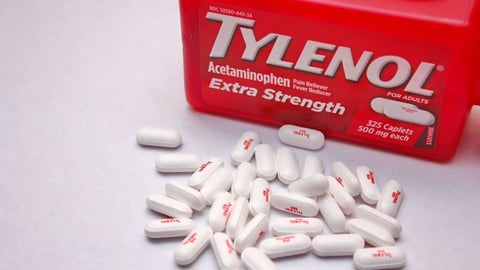GE Appliances and Google Cloud Collaborate To Create Customized Recipes Using Generative AI
The home appliance manufacturer is rolling out new app capabilities that will harness cloud technology and use generative AI to create personalized recipes.
The new feature – Flavorly AI – lets users generate custom recipes based on food already in their kitchen. Consumers can select the recipe category and type of cuisine, and input available ingredients or dietary preferences.
They will then receive personalized recipes with ingredients, instructions, and photos. The SmartHQ Assistant, a conversational AI interface, can also answer questions about the use and care of connected GEA kitchen appliances.
Kevin Nolan, president and CEO of GE Appliances said the collaboration was an example of the company’s aim to transform its entire business landscape, “from product design and manufacturing to customer interaction,” adding that the goal is to be “zero distance” from its consumers while delivering personalized products and experiences.
Looking to learn more about AI in Action? Join us at the Consumer Goods Sales & Marketing Summit to hear from Kalindi Mehta, VP, consumer foresight and predictive analytics of The Estee Lauder Companies, about how they're leveraging generative AI to ensure innovation is a point of competitive advantage.
The company also says it has several updates on the books, including a review feature for Flavorly AI will be launched later in the fall, allowing users to rate recipes and refine the AI model further.
This is the latest in a number of partnerships between Google and consumer goods companies. This week, Estée Lauder Companies revealed plans to expand its Cloud presence and increase the use of generative AI with a view to building out digital experiences across its collection of brands.
Despite recent Garter research indicating generative AI has reached ‘peak hype,’ the adoption of these technologies shows little sign of slowing down.
More broadly, companies industry-wide are finding their footing and experimenting with how best to leverage conversational and generative AI technologies. Mars, Nestle, and Colgate-Palmolive have all made the news recently for their generative AI explorations, with these experiments running the gamut from product development, to search and learning tools, to marketing and improving consumer experiences.
Earlier this month, the Coca-Cola Company even staged its first-ever generative AI summit at its Atlanta headquarters.
At the same time, concerns remain about how to use generative AI most effectively — and ethically — and how industry leaders can correctly walk the line between capitalizing on exciting opportunities and avoiding costly blunders.





